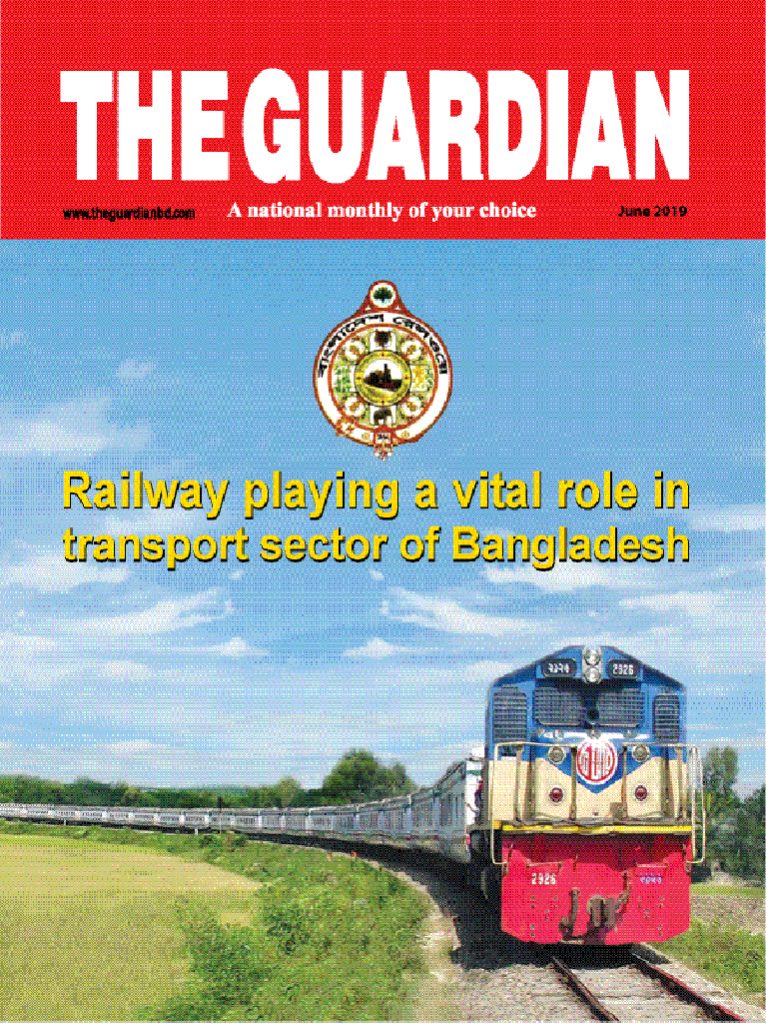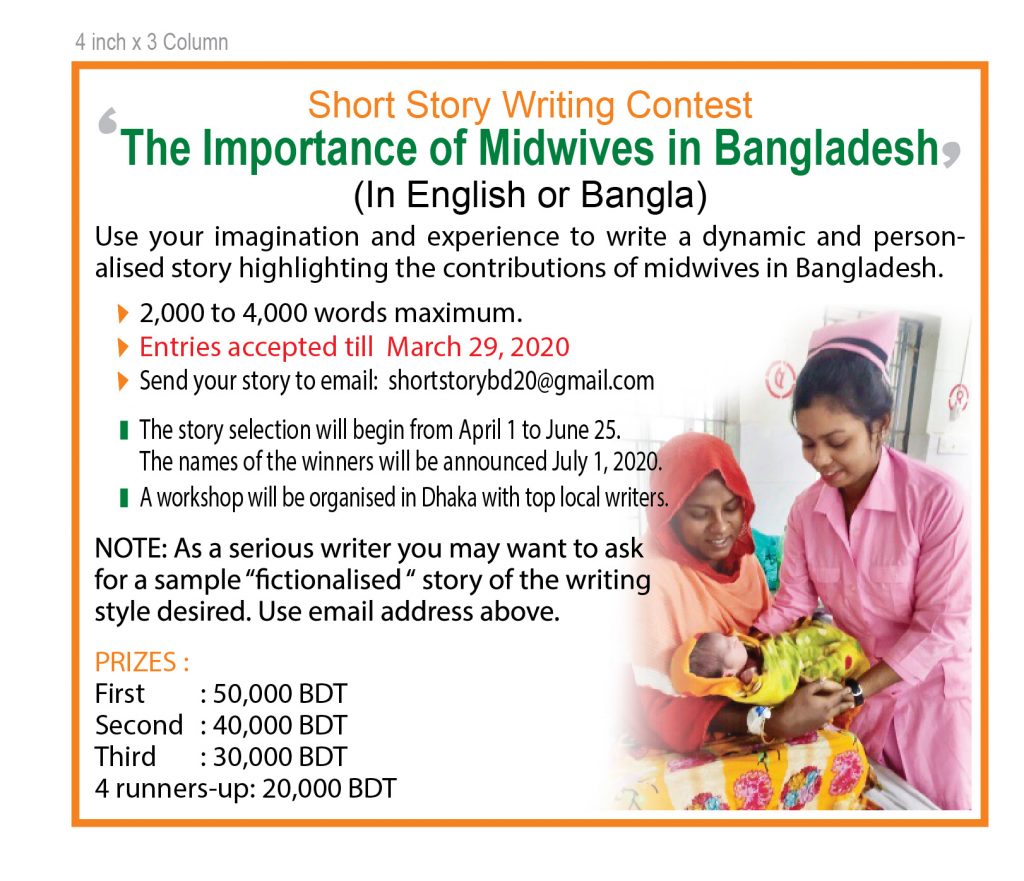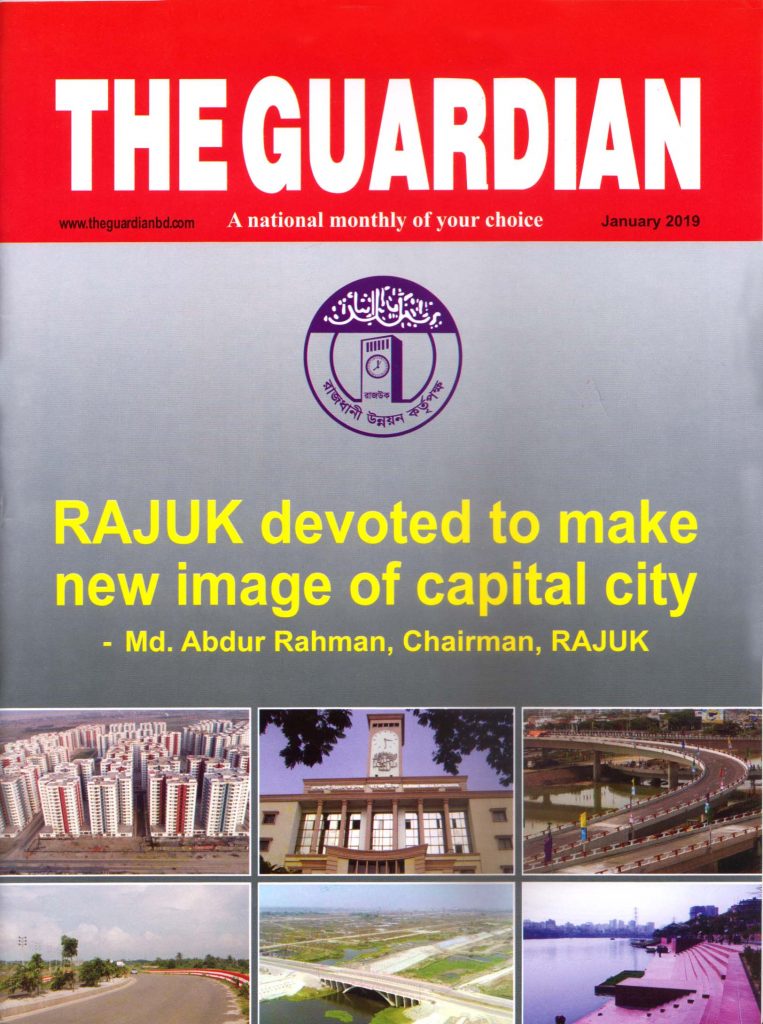Institute of Food Science and Technology (IFST) is the largest national Research and Development (R&D) organization, which conducts research and development activities in the field of Food Science and Technology. This Mono-disciplinary unit first started its journey in 1955 as a research division of East Regional Laboratory. In 1983, this research division has named as a Food Science and Technology Institute (IFST), Dhaka and run as a full institute.
The Director is the head of the institute. The institute has seven research divisions & sixteen research sections. To assist the director in various activities of the institute there exist an administrative and an accounts wing. Furthermore there are seventeen (17) committees to help the administration in the smooth functioning of the activities occurring in the institute. Dr. Md. Zahurul Haque, Director, IFST The R & D territory of this institute covers all types of product from plant and animal origin. This institute plays an active role in transferring technologies developed by our scientists to the commercial entrepreneurs of our country. The outcome of the research work is disseminated by means of seminars and lectures, publications and leasing out technologies. In addition to generation of new technology, IFST has been rendering technical assistance, analytical and testing services to food industries in the country. It has been helping the fish export sector by extending testing and analytical support to sea food industries on a regular basis. It also plays a important role in detection of different drug residues in Shrimp.

Training of CIDD Project Staff and BSCIC Inspection and Chemists on Lab Test Procedure of Iodized Salt
To expand the research scope of the institute, to cope with changed circumstances, some modern and sophisticated equipment like LC-MS/MS, UPLC, HPLC, GC, GC-MS, FT-IR spectrometer, Amino acid analyzer, Tissue Processor, Tissue Embedding Centre, Tissue Floating bath, Histo cassette, PCR, RT PCR, Sequencer, SEM, AAS, Ion exchange chromatography, Auto Protein analyzer etc. have been installed.
Main Objectives of IFST
w Conducts research and development activities in the field of Food Science and Technology.
w The R & D territory covers all types of product from plant and animal origin.
w This institute plays an active role in transferring technologies developed by our scientists to the commercial entrepreneurs of our country. The outcome of the research work is disseminated by means of seminars, lectures, publications and leasing out technologies.
w Rendering technical assistance, analytical and testing services to food industries in the country.
w Helping fish export sector by extending testing and analytical support to sea food industries on a regular basis.
R&D activities of different Division Plant food products Division
w To develop modern technology for processing, preservation and also to develop quality assurance vegetable products
w To investigate the quality of different fruits and food products
w To develop protein enriched food for human consumption
Animal food products Division
w To develop easy methods to detect adulteration
w To develop value added products
w To formulate different types of dairy products
Food grains, legumes and oilseeds Division
w To carry on R & D works on cereal, legume, vegetable oil & oil based food products
w To develop technology of supplementary food products
w To carry on food packaging related research work
w To support entrepreneurs for quality assurance of their supplied food samples
Microbiology Division
w Research & development work on industrially important and beneficial microorganisms for development of value added food, feed & chemical products
w Microbiological food and feed safety assessment, product analysis and isolation and identification of pathogenic microorganisms
w Supervision of research student’s from Universities & Implementation of Collaboration/sponsored/special allocation projects
Food science and quality control Division
w Detection and quantification of health hazard antibiotic residues (like tetracyclines, nitrofuran metabolites in shrimp and fish)
w Detection and quantification of pesticide residues
w Detection and quantification of heavy metals
w Detection and quantification of mycotoxins
w Method development for quality analysis of food and food products to ensure safe food
Biochemistry and applied nutrition Division
w To produce different types of foods and energy dense food products using locally available raw materials
w To analyze locally available food materials
w To support industrialization
w Identification of activity and unexpected side effects of different Foods, Feeds, Food Supplements, Food Additives and new devices by using animal as research model.
w Research on bio-equivalence & bio-availability of different drugs.
w Research to identify the safety level of different medicine, pharmaceutical and industrial products etc.
Related activities of the institute
w Technical Consultation and Guidance
Technical consultation and guidance are provided based on requests from private food entrepreneurs. Practical guidance is provided to solve the technical problems on request from them.
w Sponsored Project
Analysis, testing and research for new product development of food conducted on request from private food entrepreneurs and analytical reports of these works are issued to them.
w Holding of Technical Meeting, Seminar and Lecture
In order to disseminate the outcome of research work and technical information and to solve the different problem regarding the research works monthly meeting and seminars are held.
w Technical Training
Technical trainings are provided for the private food entrepreneurs upon their requests.
w Guiding Students
Each year a good number of M. Sc, M. Phil & Ph. D students and research fellows are guided for their research work.
w National Humanitarian Service
Scientists of IFST are involved in the preparation and distribution of oral saline during national emergency period like flood and other natural calamities.
w Support to World Food Programme (WFP)
Providing test report through analyzing the raw material and biscuit prepared for school going children.
w Other Service
Providing assistance and expertise in the preparation of different Food Standards for Bangladesh Standard and Testing Institute (BSTI).
Other activities
w Conducts need based research
w Random analytical supports to food-chain shops (Agora, Swapno, Meena Bazar) through MoU to ensure safe food.
w Technical supports to stakeholder.
w Guide research students for persuing higher degree.
w Attended govt. high official meetings to exploite the activity of the institute as well as to know the govt. information/policy.
w Extended supports to export-import policy of the govt.

Training on Food Inspection and Quality Control for the officers of Bangladesh Army arranged by Institute of Food Science and Technology.
The Role of IFST to Ensure Safe Foods
w Through R&D research activities, the scientists of IFST developed methodology to identify and determine the possible contaminants present in food items using Standard Operating Procedure.
w Detection, accumulation, distribution, source, fate and decontamination of hazardous antibiotics (Nitrofuran and its metabolites) in meat, chicken, egg and feed
w Detection of different pesticides and heavy metal in foods.
w Detection of Melamine in milk powder and alpha toxin M-1.
w Measurement of Erucic Acid in mustard oil
w Detection of calcium carbide, formalin and Ethephon in fruits
w Developed different kits.
w Conducts training programme on safe food and food processing for public awareness (Training given to Pouroshova Sanitary Inspector under the Ministry of LGED, Officers of Bangladesh Army, and Staffs of BSCIC)
w Conducts training on Iodine and formalin detection kits
w Arrangement of workshops on process lease out among the women entrepreneurs jointly organized by BCSIR and SME Foundation.
w Arrangement of workshops on food processing among the Staffs of BSCIC jointly organized by BCSIR and BSCIC
R & D Achievements:
Process Ready to Leased out/ Developed- 88
Process Leased out-52
Process in Commercial Production: 32
Process Patented-30
Paper Published-550
Future work plan
Need based research will be carried out in order to achieve the status of a Centre of Excellence by the year 2021 for market driven scientific, industrial and technological research & innovation in the field of food science and technology.
Photo gallery of important Developed products











